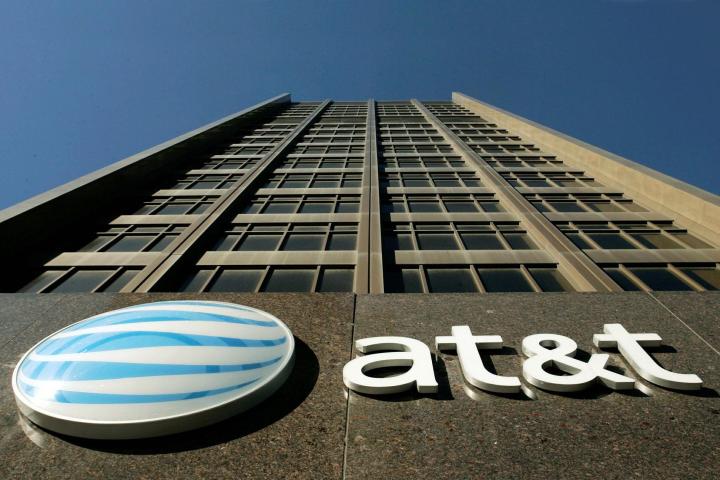
The Federal Trade Commission and FCC together allege that AT&T violated the FTC Act by failing to advertise, or even adhere to, its “network optimization” policies. It failed to articulate its throttling rules in marketing materials and to customers, and millions of subscribers with grandfathered “unlimited” data plans had their transfers reduced — sometimes to dial-up speeds — over a period of years. Often, traffic-shaping would take effect unpredictably — although AT&T purported to throttle only the “top 5 percent of users” at congested cell sites, the FCC and FTC say that it reduced customers’ speeds after as little as 2GB of usage.
AT&T disagrees. It disavows any accusations of wrongdoing — the carrier says it posted notices about its network policies online and texted affected customers when their transfers were slowed — and argues that the FCC is overstepping its regulatory bounds.
The commission says its authority to leverage fines against AT&T flows from the 2010 Open Internet Order, a net neutrality directive that in part requires Internet service providers to disclose their network management policies. AT&T argues that the FCC “quotes a portion of the [directive] that does not apply to congestion management practices, but alters the quotation to pretend that it does,” and says that the FCC used “dictionary definitions it took out of context to make its case.” Even if it did, AT&T asserts that the point is moot — the statute of limitations on its alleged misconduct has already lapsed, the carrier says.
AT&T is unlikely to find favor with a commission that’s proven especially tough on ISPs with “dishonest” optimization policies. In January, the FCC reached a $40 million settlement with TracFone relating to opaque throttling, and commission chairman Tom Wheeler sent a strongly-worded letter to Verizon last year regarding the carrier’s intention to begin reducing “unlimited” customers’ speeds.


